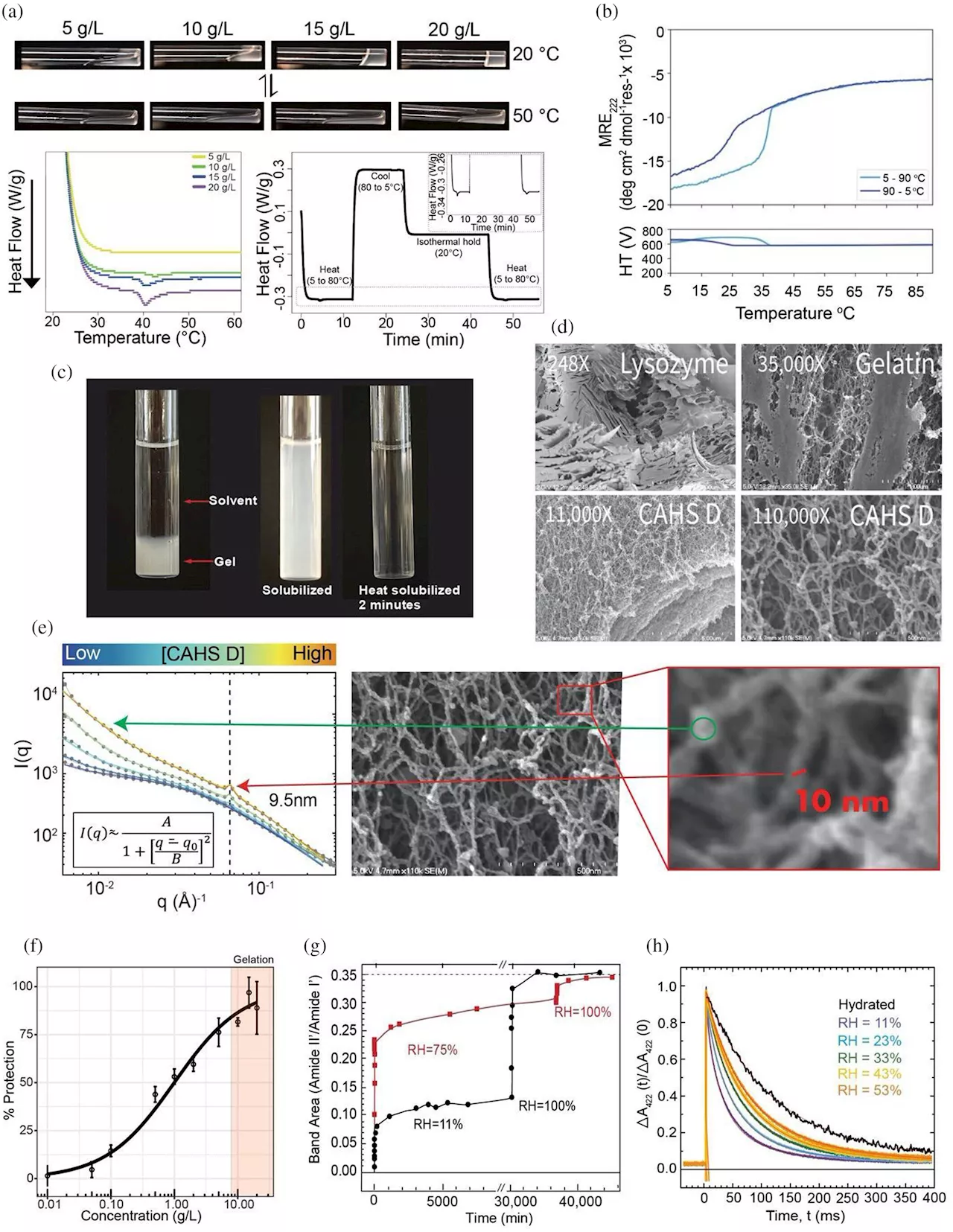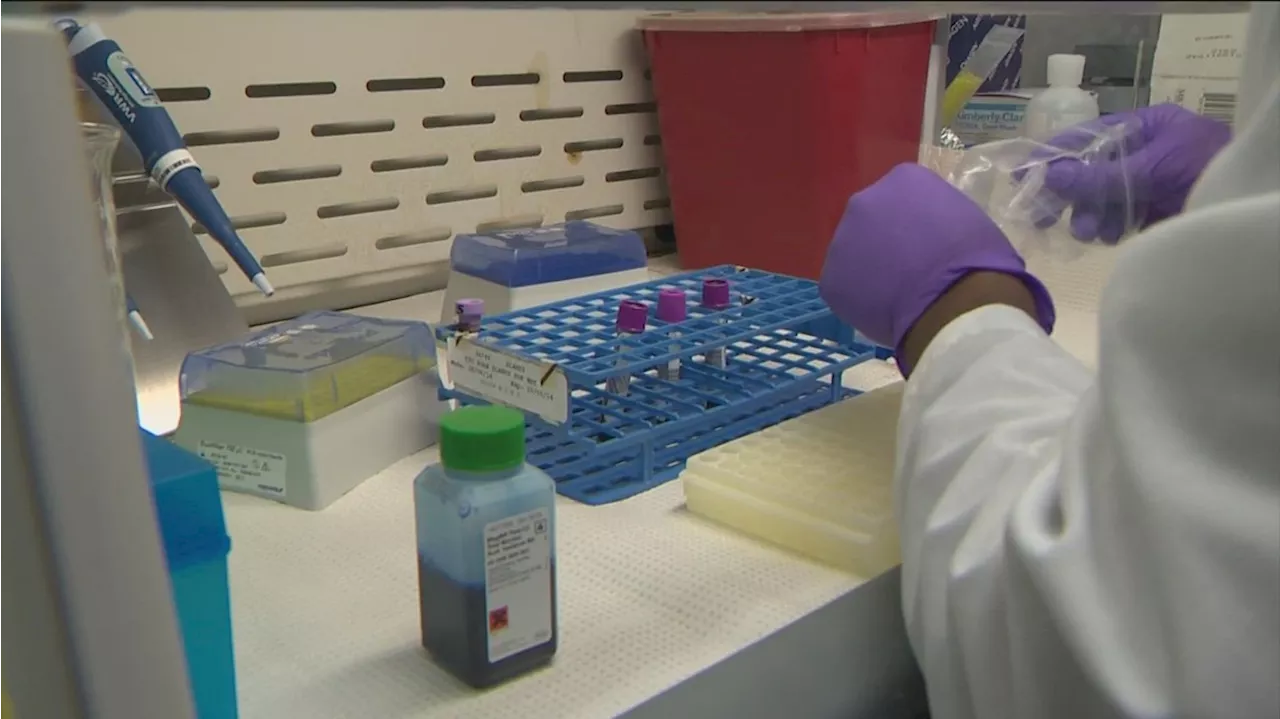Human papillomavirus (HPV) is the second most common cancer-causing virus, accounting for 690,000 cervical and other cancers each year worldwide.
Researchers identify new genetic risk factors for persistent HPV infections." ScienceDaily. ScienceDaily, 11 April 2024. <www.sciencedaily.com
An analysis of cervical cancers in Ugandan women has uncovered significant genomic differences between tumors caused by different strains of human papillomavirus , signifying HPV type may impact ... A series of saliva HPV tests detected an asymptomatic throat cancer during a trial of a new saliva diagnostic. Further validation studies are needed to confirm this finding. It is a world-first ...
The human papillomavirus causes, amongst other diseases, cancer of the cervix and oropharynx. A new study now shows that the most oncogenic HPV types can be eliminated, but only if both girls ... New research indicates that a single dose of the human papillomavirus vaccine is as effective as multiple doses for preventing preinvasive cervical disease, which can later develop into ...Study Uses Artificial Intelligence to Show How Personality Influences the Expression of Our Genes
Women's Health Breast Cancer Men's Health Endangered Plants Biology Mice Genetics
United States Latest News, United States Headlines
Similar News:You can also read news stories similar to this one that we have collected from other news sources.
 Elmwood Boys Scout Troop 690 fundraiser to benefit activities and gearBoy Scout Troop and Crew 690 held a clothing drive Saturday at St. Mother Theodore Guerin Parish and St. Celestine Church in Elmwood Park, collecting items as part of a fundraiser to help scouts an…
Elmwood Boys Scout Troop 690 fundraiser to benefit activities and gearBoy Scout Troop and Crew 690 held a clothing drive Saturday at St. Mother Theodore Guerin Parish and St. Celestine Church in Elmwood Park, collecting items as part of a fundraiser to help scouts an…
Read more »
 Researchers show that introduced tardigrade proteins can slow metabolism in human cellsUniversity of Wyoming researchers have gained further insight into how tardigrades survive extreme conditions and have shown that proteins from the microscopic creatures expressed in human cells can slow down molecular processes.
Researchers show that introduced tardigrade proteins can slow metabolism in human cellsUniversity of Wyoming researchers have gained further insight into how tardigrades survive extreme conditions and have shown that proteins from the microscopic creatures expressed in human cells can slow down molecular processes.
Read more »
 Researchers show that introduced tardigrade proteins can slow metabolism in human cellsTardigrade proteins are potential candidates in technologies centered on slowing the aging process and in long-term storage of human cells.
Researchers show that introduced tardigrade proteins can slow metabolism in human cellsTardigrade proteins are potential candidates in technologies centered on slowing the aging process and in long-term storage of human cells.
Read more »
 Not unique to humans but uniquely human: researchers identify factor involved in brain expansion in humansWhat makes us human? According to neurobiologists it is our neocortex. This outer layer of the brain is rich in neurons and lets us do abstract thinking, create art, and speak complex languages. An international team has identified a new factor that might have contributed to neocortex expansion in humans.
Not unique to humans but uniquely human: researchers identify factor involved in brain expansion in humansWhat makes us human? According to neurobiologists it is our neocortex. This outer layer of the brain is rich in neurons and lets us do abstract thinking, create art, and speak complex languages. An international team has identified a new factor that might have contributed to neocortex expansion in humans.
Read more »
 RNA deserves its own massive counterpart to the human genome project, researchers argueU.S. report lays out an ambitious plan to harness the “RNome” for medicine and more—but funding is uncertain
RNA deserves its own massive counterpart to the human genome project, researchers argueU.S. report lays out an ambitious plan to harness the “RNome” for medicine and more—but funding is uncertain
Read more »
 Texas researchers developing possible vaccine for people to prevent human Bird Flu infectionsWith growing concern among biologists about the spread of the so-called bird flu to cattle in the U.S., the worry now is that more humans could catch the virus.
Texas researchers developing possible vaccine for people to prevent human Bird Flu infectionsWith growing concern among biologists about the spread of the so-called bird flu to cattle in the U.S., the worry now is that more humans could catch the virus.
Read more »
